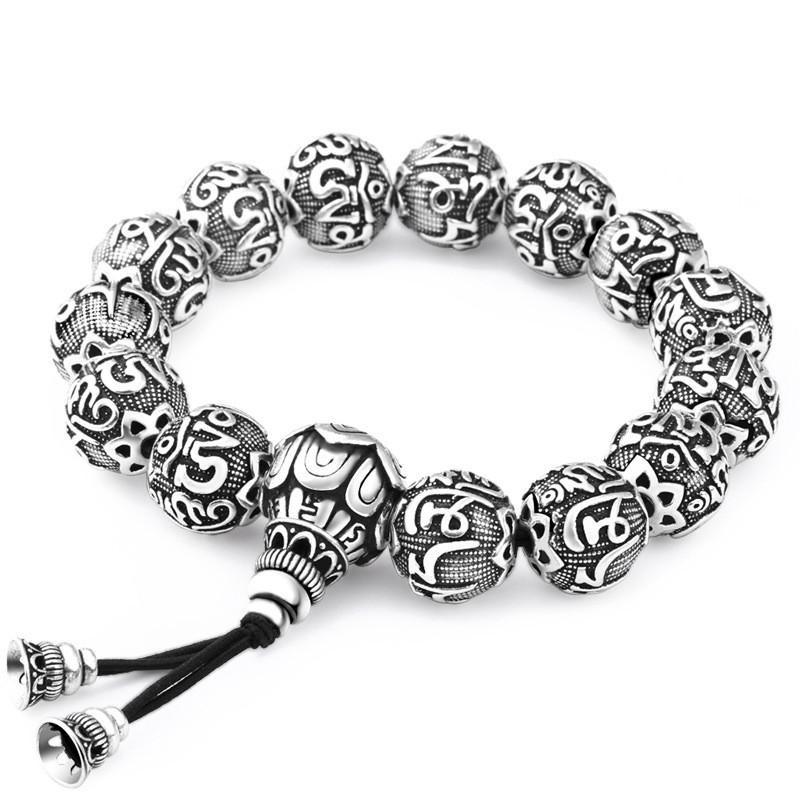10 Japanese Traditions That Inspire Mindfulness and Spiritual Living

Discover 10 fascinating Japanese traditions – from tea ceremony to O-Bon – and explore how they connect with mindfulness, spirituality, and balance in daily life.
1. The Tea Ceremony (Chanoyu)
Few rituals embody Japanese culture like the tea ceremony. It’s more than drinking matcha – it’s a moment of quiet, mindfulness, and respect. Every detail matters: the choice of kimono, the tatami room, even the bowl used. Guests don’t come to chat, they come to share silence and presence. In a world rushing forward, this tradition reminds us to slow down.

2. Politeness and Respect
In Japan, politeness is not optional – it’s a way of life. Bowing replaces handshakes, eye contact can be seen as rude, and even small gestures carry meaning. Respect shapes every interaction, from family dinners to business meetings. It’s a tradition that creates harmony, even among strangers.

3. The Duty of Giri
Giri is the invisible thread of obligation that binds relationships. Receive a gift? You give one back. Invited to someone’s home? Never arrive empty-handed. These traditions may feel formal, but they strengthen bonds of trust and gratitude – values we could all use more of.

4. Shôgatsu (New Year Celebrations)
The Japanese New Year is a blend of joy, spirituality, and family. Homes are decorated with Shintô altars, children receive gifts, and many rise before dawn to greet the first sunrise of the year. It’s a reminder that every beginning carries sacred energy.

5. Removing Shoes Indoors
Shoes at the door – it’s a simple yet profound custom. To step inside without bringing the dirt of the outside world shows respect for the home, its energy, and its people. Many hosts even provide slippers, but never on tatami mats. That would be a serious faux pas.

6. Eating with Chopsticks
Using chopsticks isn’t just technique – it’s etiquette. Don’t stick them upright in rice (it resembles funeral incense). Don’t point them at someone. And never pierce food aggressively. Eating becomes an act of respect toward the meal itself, almost like a meditation.

7. Seijin Shiki (Coming of Age)
On the second Monday of January, young Japanese celebrate becoming adults at 20 years old. The colorful kimonos and hakama worn that day symbolize not just tradition, but also responsibility. It’s a rite of passage that says: childhood is behind, the future is yours.

8. Karaoke Culture
Yes, karaoke is fun worldwide – but in Japan, it’s a social tradition. Friends rent private rooms, sing together, laugh, and release stress. It’s about connection more than performance. A reminder that sometimes, joy is found in letting go.

9. Entrance Exams
Exams in Japan are more than tests – they’re cultural events. Entire families rally behind children facing them, and the media covers results with intensity. Success often depends on early education, making it one of the most competitive traditions, and one of the most stressful.

10. Obon (Festival of the Dead)
Every July, lanterns light the way for returning spirits during Obon. Families honor ancestors through prayer, dance, and offerings. It’s not somber – it’s beautiful, glowing with gratitude. Life and death are connected, and this tradition keeps the memory of loved ones alive.

Final Reflection
Japanese traditions remind us that life isn’t just about speed, but about presence, respect, and connection. Whether through a tea ceremony, wearing a spiritual bracelet, or lighting natural incense during meditation, we can all bring a little Japanese wisdom into our daily lives.


✨ Explore our collection of mala bracelets, Buddha statues, and natural incense to create your own moment of calm at home. Start your journey today.




0 comentarios